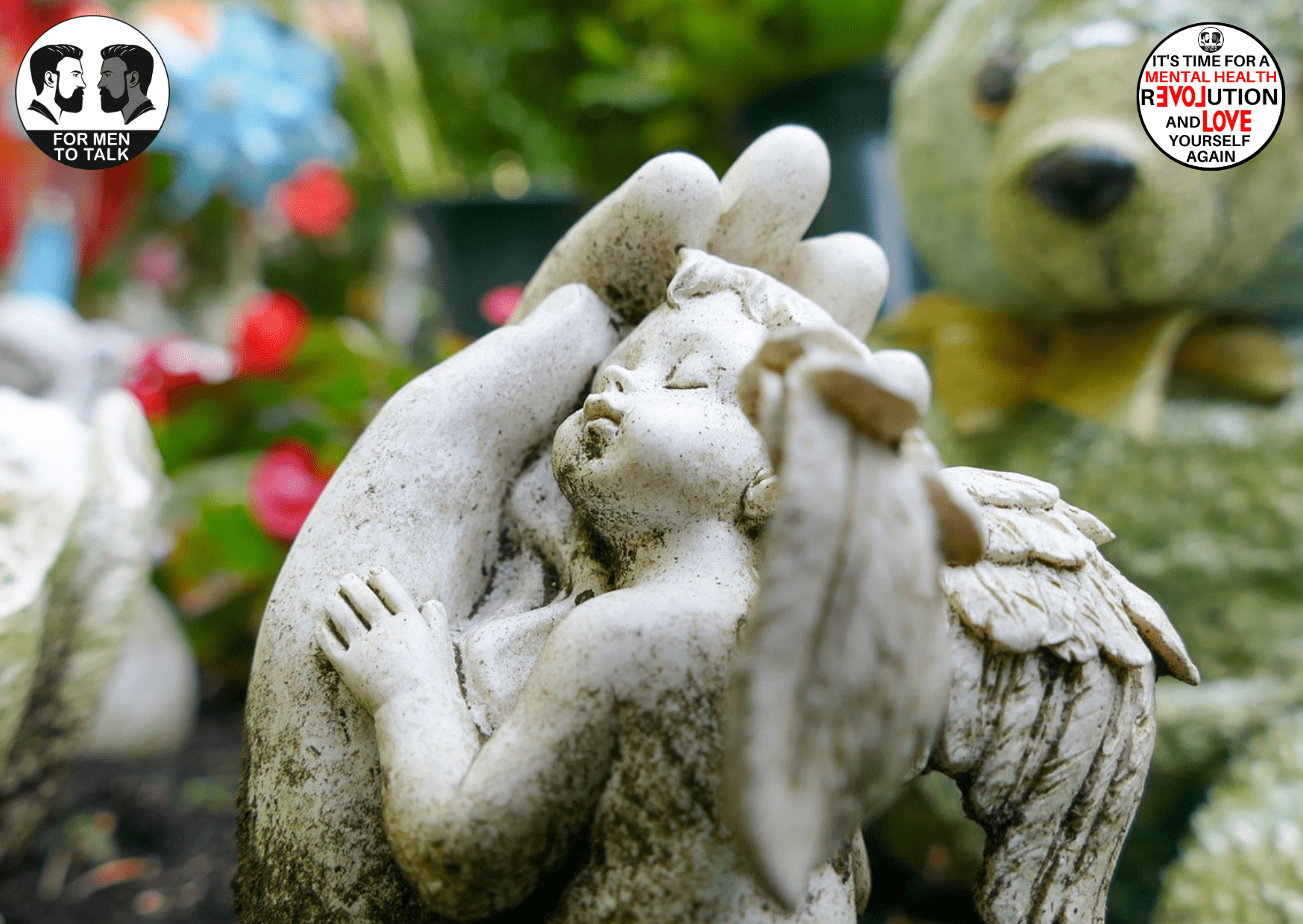A miscarriage has an impact on men too

Miscarriage, a devastating loss experienced by many expecting couples, is often perceived as primarily affecting women. However, the emotional toll it takes on men is equally profound but often overlooked. In the United Kingdom, where 1 in 4 pregnancies ends in miscarriage, it is crucial to recognise and address the unique impact this experience has on men. In this blog, we shed light on the hidden struggles men face, dispel misconceptions, and provide support resources to help navigate the grief caused by miscarriage.
Acknowledging the Emotional Impact
Men, just like their partners, go through an array of emotions during and after a miscarriage. Shock, disbelief, sadness, guilt, and a profound sense of loss are common feelings they grapple with. However, societal expectations that dictate men should be strong and stoic can prevent them from openly expressing their emotions, leading to a cycle of emotional repression.
Breaking the Stigma
Discussing miscarriage is still surrounded by silence and stigma, making it difficult for men to find an outlet to share their grief. To foster a supportive environment, society must break down the barriers that hinder open conversations about miscarriage and men’s emotions. Encouraging empathy and understanding, not only from their partners but also from friends, family and colleagues, can make a significant difference in men’s healing process.
Supporting Your Partner
While men experience their grief, it is essential to remember that their partners are also going through a tremendous loss. The pressure to support their loved ones while processing their feelings can be overwhelming. It is crucial for both partners to communicate openly, share their emotions, and offer mutual support during this challenging time. Seeking professional counselling can also help couples navigate through grief together and strengthen their bond.
Dealing with Guilt
Men often struggle with feelings of guilt, believing they could have done something differently to prevent the miscarriage. These thoughts are normal but can be detrimental to their mental well-being if left unaddressed. Education about the causes of miscarriage and sharing medical information can help dispel these misconceptions and alleviate some of the guilt.
Finding Support and Community
Many men find solace in connecting with others who have experienced miscarriage. Participating in support groups, either in person or online, can offer a safe space to share their stories, feelings, and coping mechanisms. There are organisations like the Miscarriage Association that provide resources and support for men dealing with pregnancy loss.
Coping Strategies for Men
Each individual copes with grief differently and it is essential for men to discover what works best for them. Engaging in hobbies, exercise, or creative outlets can help provide a healthy distraction. Moreover, speaking with a therapist or counsellor can provide invaluable support, allowing men to process their emotions without judgment.
Embracing Vulnerability
To heal from the impact of miscarriage, men must feel empowered to embrace vulnerability and express their emotions openly. Seeking professional help is not a sign of weakness but a courageous step towards healing. Encouraging a culture of emotional honesty and understanding in society can facilitate the healing process for men affected by miscarriage.
The impact of miscarriage on men should not be underestimated. Men experience a range of emotions and challenges during this trying time, and it is crucial to offer them the support they need to navigate through grief. By breaking the stigma surrounding miscarriage and fostering open conversations, we can create a compassionate and understanding society where men and women find solace together. Supporting one another through this painful journey can lead to healing, hope and a stronger sense of togetherness in the face of adversity.